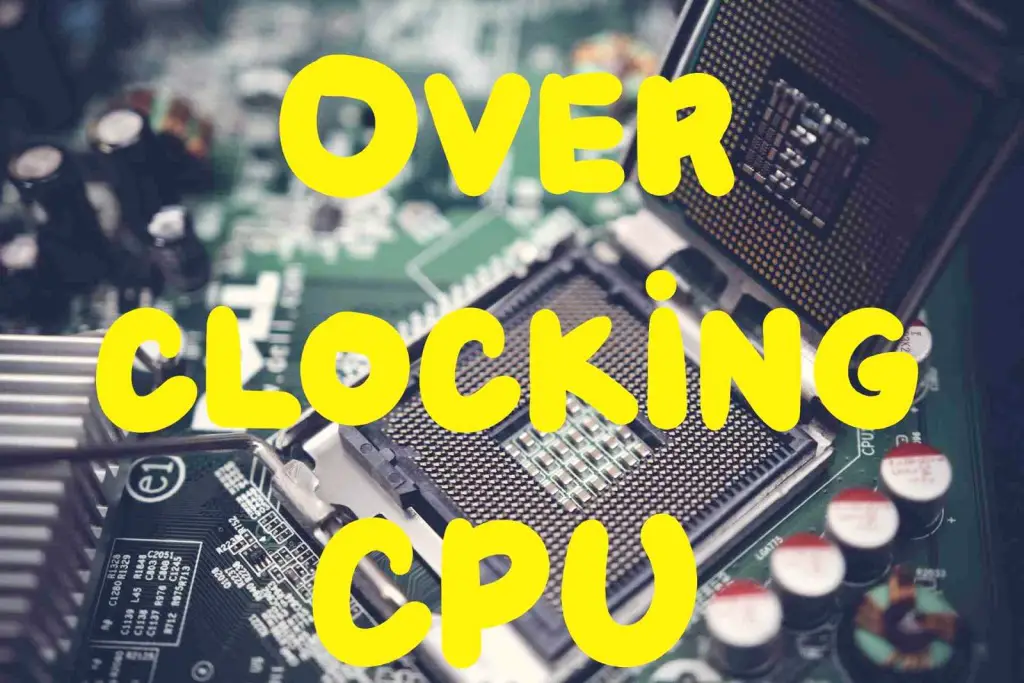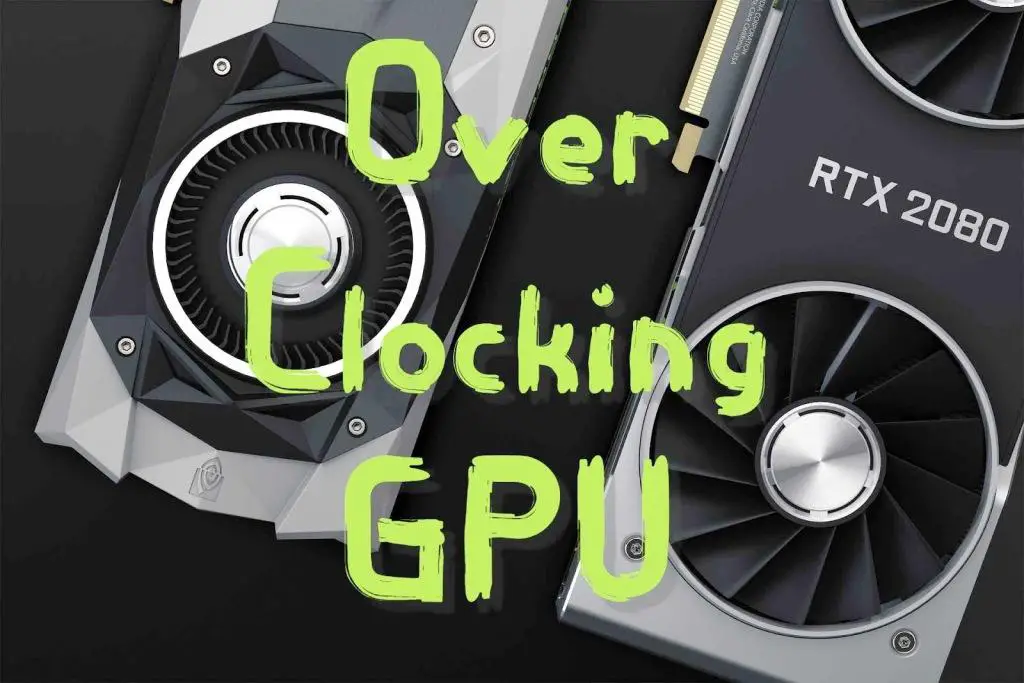How to check whether the laptop supports overclocking? Check if your laptop can overclock in 2 minutes! Wondering if you can overclock your laptop to get more performance out of it? Learn how to check check if your Intel or AMD processor can be overclocked or not. Did you know that you can overclock your GPU and even the RAM? Learn what more you can achieve with overclocking. BUT also learn about the downsides of overclocking and how it can make your life harder. If you want to learn about overclocking then we got you covered with our dedicated article on overclocking. But if you are stuck anywhere or want to take a short way in then check out our YouTube video.
What is overclocking?
Overclocking had become very common in the PC community and people even started overclocking their laptops. In simple words, we can say that overclocking is the way with which we can make our laptop faster. In this article, we will not get into overclocking and how it is done. If you want to know more about overclocking then check out the dedicated article on it: what is Overclocking: Overclocking for Beginners to Advanced
But let’s discuss it to make your life easier, but we would recommend reading a dedicated article about it.
You can overclock your CPU (Control Processing Unit), GPU (Graphical Processing Unit), and even RAM (Random Acess Memory). This will increase your laptop’s performance by a little margin (increase the performance by 2-10%). This comes in handy when you want to squeeze a little more performance. Like while playing games or doing video editing or using adobe photoshop. So it’s safe to say that you will get bang for your buck with overclocking. If you want to know more about CPU and GPU overclocking then check our articles on them.
Disadvantages of overclocking
Overclocking is an option for everyone as it does damage the battery and even the CPU or GPU. There are several different downsides of overclocking and we have mentioned them for you.
- Overclocking can produce additional heat in your laptop when you overclock it and the cooling system is not fast enough. This additional heat can damage your laptop physically, and this can make your laptop’s life shorter. This heart can cause problems like the blue screen of death and other system errors. In case this happens then you will need to reset the BIOS, we have included everything in our other article.
- Overclocking will void the warranty of your laptop as the warranty will not cover the damage from overclocking. So overclocking is your risk and it’s your responsibility to protect your laptop from physical damage.
- If you overclock your laptop too high for too long with an insufficient cooling system then it will damage your CPU over time. This damage to the CPU will be irreversible and will reduce the performance even more with multiple errors. But generally, the processor has an operating temperature after which it will stop working. For most Intel, it’s 100°C and for Ryzen it’s 105°C. But if you increase the operating temperature and force it to go higher. Then the processor can get damaged and you will have to get a new laptop.
Now you know all the risks which are involved in overclocking and you can decide if you want to overclock. But keep in mind that if you know what you are doing then overclocking is no problem.
Can All CPUs Be Overclocked?
The simple answer is a big NO! Not all processors support overclocking and if they do then the motherboard does not support it.
How to check whether the laptop supports overclocking?
Let us give you an idea for how to check whether the laptop supports overclocking? See all the different model of same Intel”s processors.
- “S” processor
- “T” processor
- “K” processor
- “P” processor
- And more
We made a list of things that you should check:
- If you have Intel processors then check if it is “K” series like i5-3570k, if not then you can not overclock. Also check if your motherboard supports overclocking, search it online for it.
- If you have an AMD processor then it’s a little complicated. Look if you having a gaming processor like Black Edition chip like AMD FX8-8350 Black Edition.
What to keep in mind before overclocking?
If you have decided to overclock your laptop then keep few things in mind to prevent your system from damaging.
- Make sure your laptop is on a flat surface for the wents to take air from, most laptops have wents on the bottom. This will keep your CPU cool and avoid any damage from overheating.
- Monitor the thermals on your laptop at the time of overclocking, the cooler the processor the better.
- Monitor the speed of fans on your laptop, higher fan speeds means the laptop is trying to cool down. If the fans are running too much for too long then give it a break and stop the heavy work you are trying to do. This will make the temperatures low on your laptop.
- If you are trying overclocking for the first time then learn about it properly, check out an article on CPU overclocking.
Summary
Know your laptop better before starting overclocking as it can either make your life a lot easier or a LOT harder. We would recommend you read an article or two on overclocking then giving it a try. We made overclocking ALOT easier in our other articles, check them if you want to overclock.

I am a Computer Science Engineer, have a passion for coding, sketching, and teaching. I took part in various college technical activities and was Mr. Fresher in the 1st year along with the college’s face. Spends most of the time learning new things and coding small codes for little fun and also as academic, keeping Python 3, Android as priority language for coding.
I love writing tech tips with 100% success and enjoying this new side of life. Finding a passion for new things and letting unlock my creativity and hoping to learn new scientific stuff on the journey of life and being grateful for smaller things.


